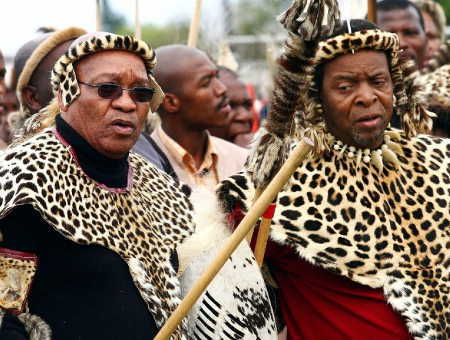Jamila Mugalu, near Kampala this week got a shock of a lifetime. As she walked towards the taxi stage early morning, she saw a Chinese man opening a machine that was perched on a veranda outside a retail shop.
When she asked boda boda riders around the area what the Chinese fellow was doing in the machine, she was told that this was a gambling machine (Roullette) as it is refered to inside the shop he runs with a local partner.
One boda boda rider told her: “This Chinese man distributes gambling machines in busy places like this one , and collaborates with a local partner who mans the machine.
Everyday, he comes around, sits with the local partner to know how much they made the previous day and share the money.” This alarmed Mugalu. How can a foreigner be allowed to operate parasitic businesses in poor neighbourhoods as Namasuba. Similar gambling outlets of this kind have been opened up by Chinese in areas such as Gaba, Kansanga, Makindye, Kyebando Bwayise, Kasubi, Kyengera and many other suburbs
The government has been inviting foreigners from countries like China, Saudi Arabia, India, France, the US to come here and start businesses and create jobs. In fact the Uganda Investment Authority (UIA) sets US$ 100,000 as the minimum amount money in planned investments, for any foreign investor in Uganda.
The kind of business Mugalu saw being operated by the Chinese fellow in Namasuba, defied the definition above and indeed the expectations of many people around Namasuba of an investor.
Similar voices of discontent have been simmering for years in Kampala’s central business district where some Asians have resorted to dealing in retail trade and sometimes selling items as small as pan cakes.
These grievances may mirror those expressed by the poor people of South Africa that resulted into violence and the hacking of so many foreigners.
There has been an outpouring of emotions, anger and condemnation of the barbaric and heartless mistreatment of foreigners by poor South Africans. But the figures about the influx of nationals especially from Southern Africa Development Cooperation (SADC) countries such as Zimbabwe, Malawi and others currently running businesses in places such as Durban suggests that the government opened up too much to the disadvantage of its own people.
Analysts argue that the grievances expressed by poor South Africans against foreigners, are an expression of anger at the government’s failure to protect its people against foreign ‘aggression’ by allowing foreigners to dominate the economic life of the country.
But others contend that these voices are simply inspired by hatred.
President Jacob Zuma of South Africa condemned his countrymen who resorted to violence against foreigners as being forgetful of their country’s apartheid history that saw many of them seek refuge in neighbouring countries.
It is estimated however that between two to three million Zimbabweans live in South Africa, many of whom are unskilled, poor and compete with locals for manual jobs. The post-apartheid regimes have opened their doors to wide for foreigners.
A Ugandan who lives and works in the coastal city of Durban, but prefers anonymity, told The Sunrise last week that foreigners dominate the business life of the city. The problem with statistics is that they tend to hide the real picture on the ground.
Majority of foreigners, because of economic hardships in their home countries, or due to political persecution, accept the lowest pay.
A 2009/10 study by Wits University Migrating for Work Research Consortium found that workers were more likely to take jobs South Africans are not willing to do, or to start their own business.
While resorting to violence is not a solution to settling any dispute, it is often an outcome of failure especially on the side of governments, to amicably resolve grievances, held by ordinary people or outright blockage of popular dissent.
Omar Kalinge Nnyago, the Secretary General of JEEMA political party in Uganda once said that the NRM government’s intolerance of dissent, opposite views and critical debate would one day explode into violence.
But perhaps more importantly, the rate at which Chinese and other foreign nationals are penetrating the business life of Ugandans, is causing a lot of discomfort for many locals.
In his 30-year reign, President Museveni has gone at great lengths to attract investors into Uganda. His efforts have yielded significant investments.
Many are however raising the red flag about excessive repatriation of profits from Uganda by foreign investors as well as granting huge tax exemptions to foreign companies.
It is often this failure by governments to balance the interests of the nation that results into discontent and if not addressed, explodes into violence, as seen in South Africa.








